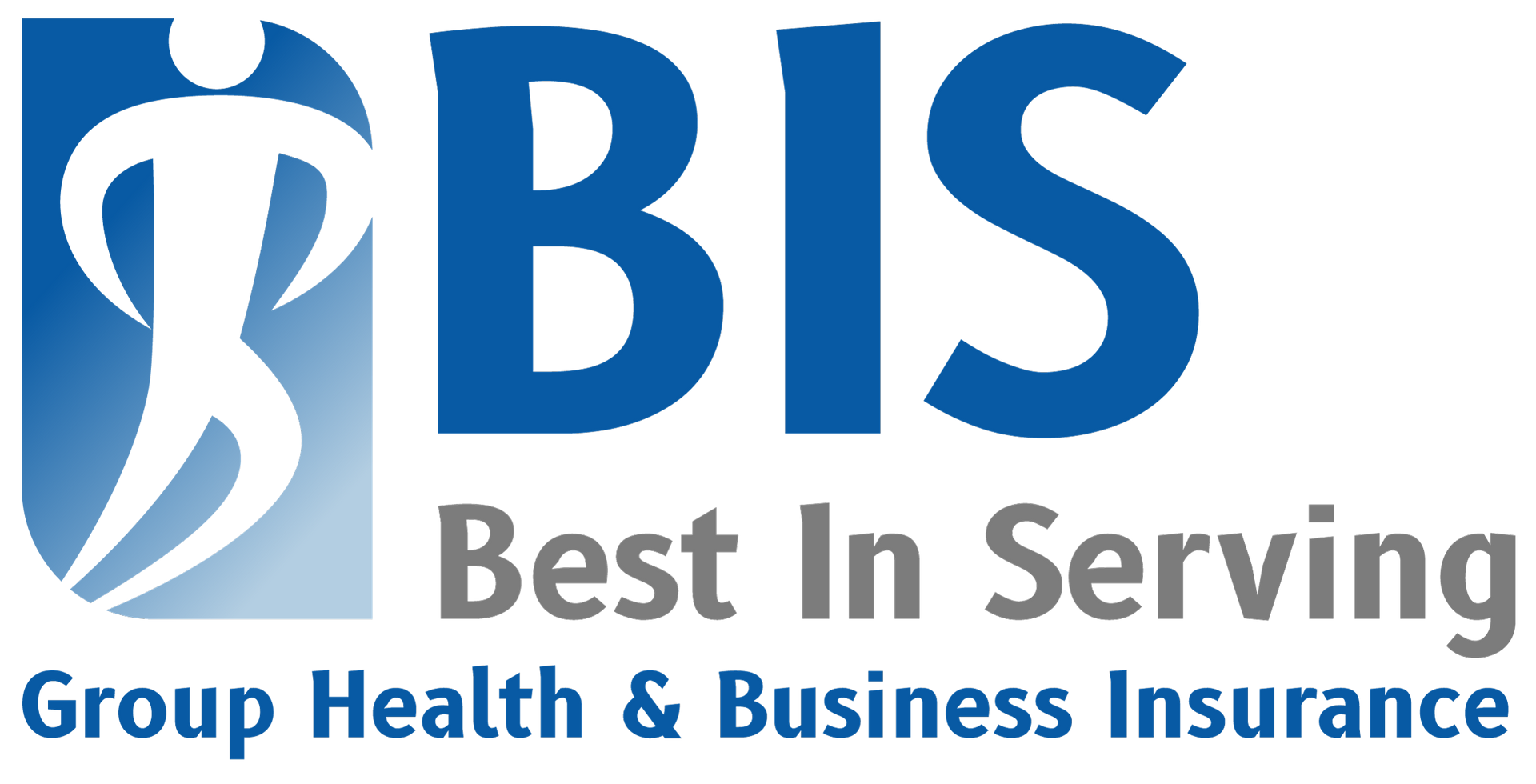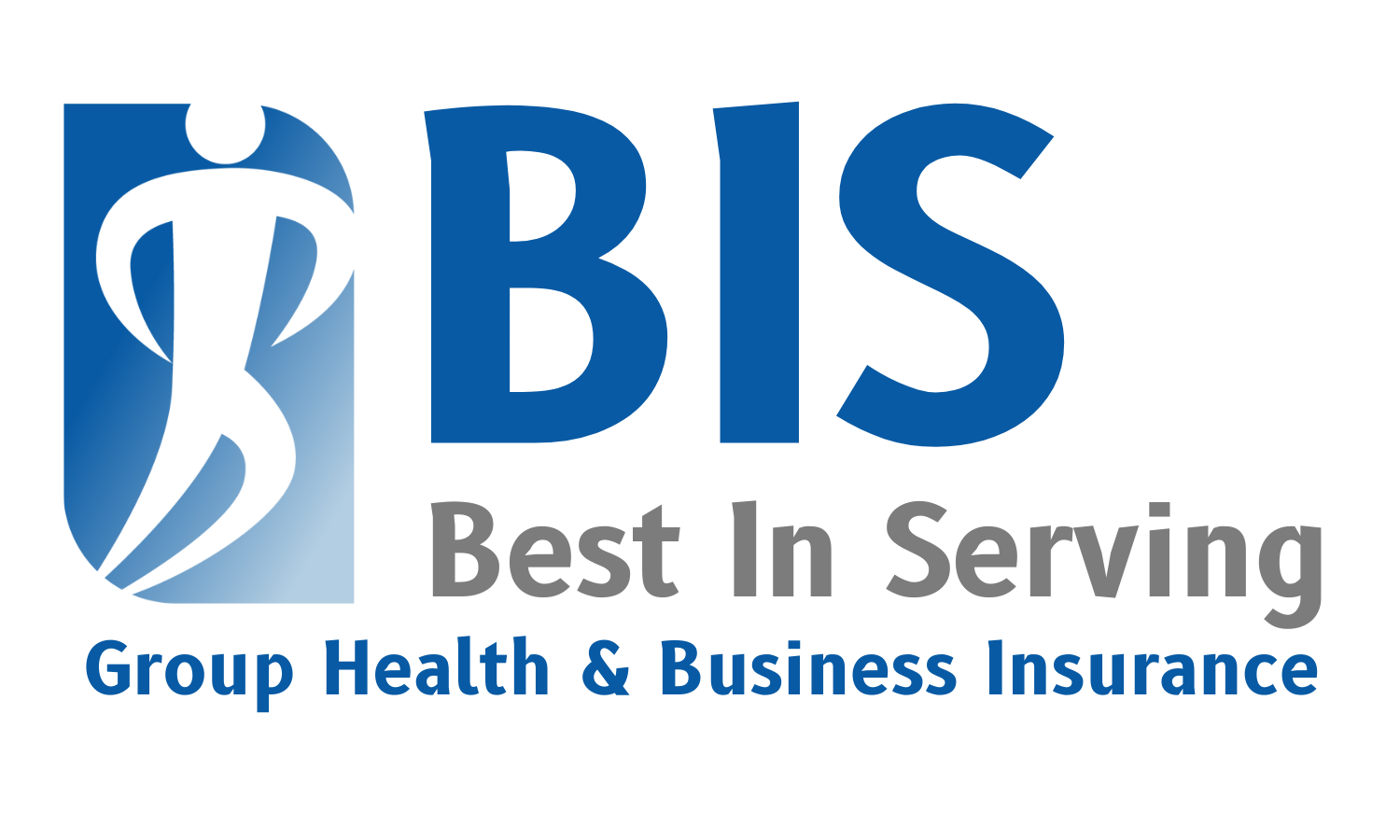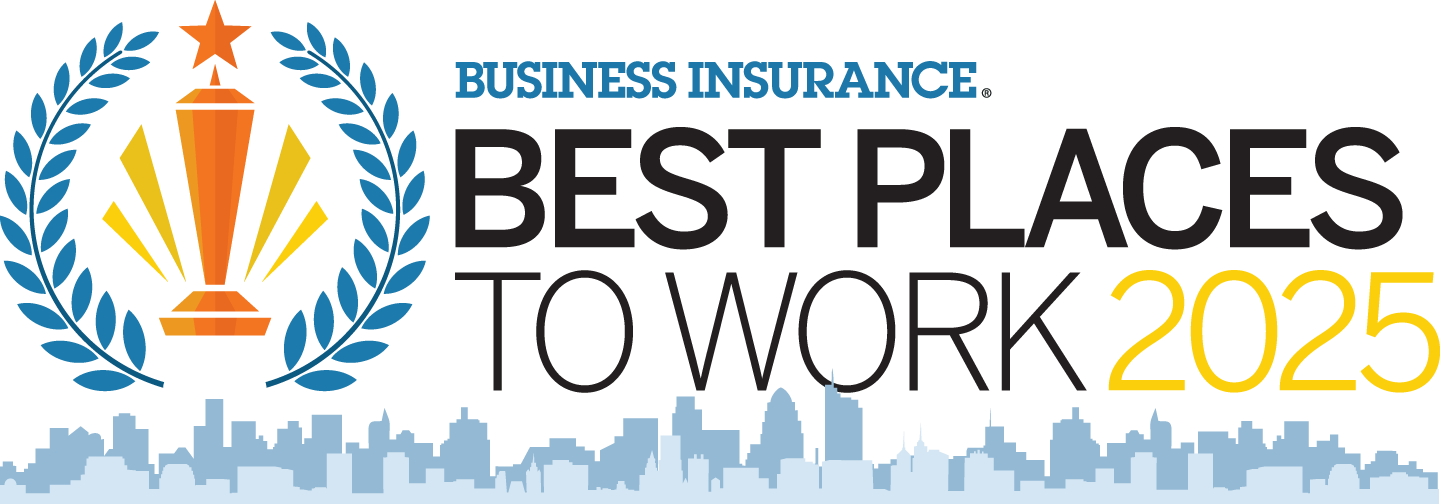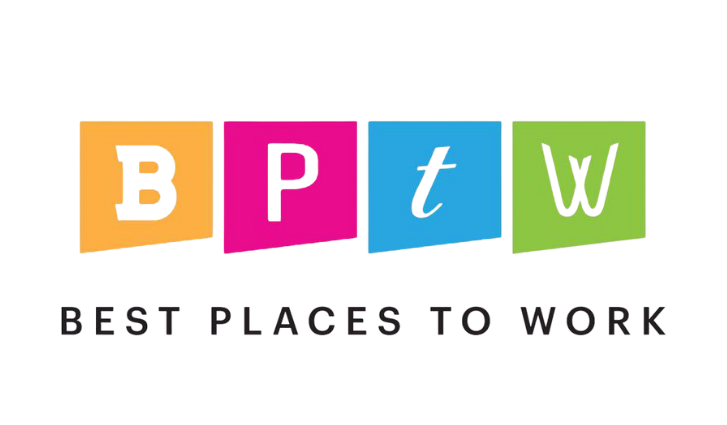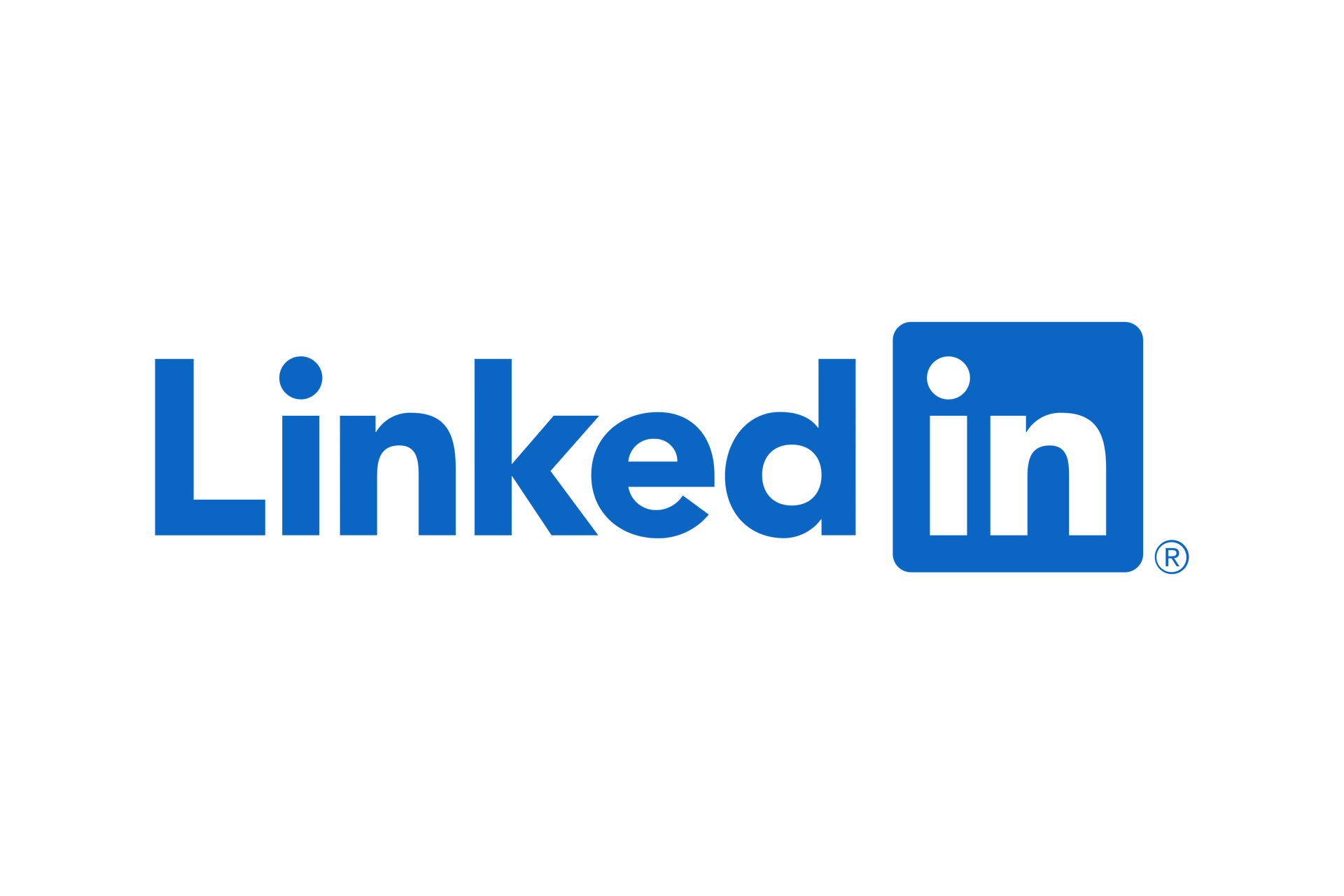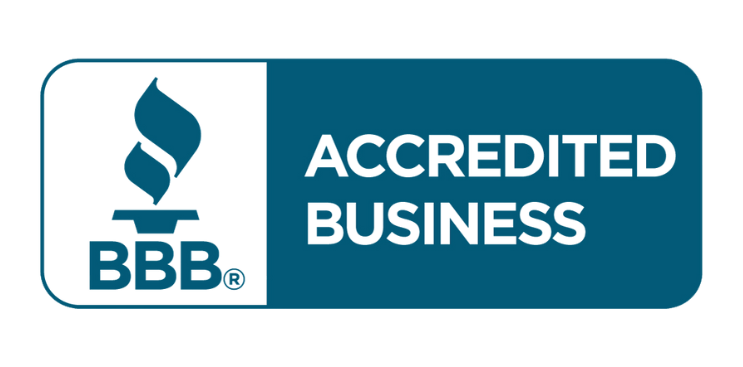An Employers Guide to Fully Insured vs Self Insured Plans
If you had to make a list of all the elements that are crucial to the success of any business, employee benefits would undoubtedly be right at the top.

These days, people care just as much about benefits packages as they do base salary - if not more so. That's why putting together the right benefits, particularly when it comes to healthcare, isn't just a perfect opportunity to attract top tier talent. It's also a perfect chance to retain your existing, satisfied employees as well.
To speak to healthcare in particular, most businesses will have one major decision to make right away. Do they embrace a more traditional fully-insured health plan, or do they go with something a bit more versatile like a self-funded option? Both have their fair share of advantages and disadvantages and understanding what each has to offer is how you make the most informed decision possible given your organization.
What is a Self-Funded Health Plan?
At its core, a self-funded health plan is exactly what it sounds like: one where health claims are paid out for employees as they happen.
When you're talking about a fully insured health plan, a business owner will pay their premium every month and the associated insurance company will take care of all costs pertaining to employee healthcare.
With a self-funded health plan, however, a business owner is essentially running their own health plan. They assume all financial risk for providing benefits to their employees, regardless of whether those benefits are actually used.
Benefits of a Self-Funded Health Plan
The major benefit that self-funded health plans bring with them is that they tend to be more flexible than fully-insured health plans. You're not necessarily paying to follow an insurance company's specifically designed plan structure as far as what types of claims will or will not be covered. You have the freedom to put together something that is just as unique as your workforce. This helps prevent spending money on healthcare that people aren't taking advantage of.
Negatives of a Self-Funded Health Plan
The major downside of a self-funded health plan sometimes has to do with cost. If you know with certainty that your workers are (relatively) healthy, a self-funded health plan can actually be a great way to save over a fully-insured plan. Instead of paying a set amount of money every month for benefits that people aren't using, you're only paying out-of-pocket for that which they are.
If something catastrophic happens to one or more of your employees, however, you'll likely end up paying far more than you ever would on a fully-insured plan. This increased financial risk also comes with a significantly higher degree of administrative burden, too.
What is a Fully-Insured Health Plan?
A fully-insured health plan is most commonly referred to as a "traditional" plan because this is the type that most people are familiar with. Employers are charged a fixed amount of money every month, called the premium, and they are then enrolled in a health plan.

That plan then covers the medical expenses of employees when qualified claims occur.
Benefits of a Fully-Insured Health Plan
The major advantage of a fully-insured health plan is that they are predictable. A business owner is charged a precise amount of money every month. They know exactly how much healthcare will cost for their workforce for the year and can budget accordingly. The price may go up year-over-year, but they will be notified well in advance.
Negatives of a Fully-Insured Health Plan
For many, the major downside of a full-insured health plan is that they tend to be more expensive than their self-funded counterparts. This can be especially problematic if a business has mostly healthy employees who aren't actually filing claims or using the healthcare in any appreciable way. At that point, it can feel like a business is spending money with little to actually show for it.
What is an HRA?
Also commonly referred to as a "Health Reimbursement Arrangement," an HRA involves a scenario where an employer contributes a certain amount of money on a regular basis to an HRA account. That money is then used by employees to pay for qualifying medical expenses. In certain scenarios, the money in an HRA can also be used by the employee to pay insurance premiums for any plan they may have gone out and purchased for themselves.
If you're thinking to yourself that this sounds like a "Health Savings Account," or HSA, you're correct. The major difference is that while both an employee and an employer can add money to an HSA, only an employer can add money to an HRA.
Because of this, the employer owns the HRA account and all money contained within it. If an employee should leave the business, they don't get to take that money with them. Instead, it can be funneled back into other HRA accounts for the remaining employees where it can still make a long-term impact.
Why Choose BIS Benefits as Your Broker?
At BIS, we've worked hard for over 35 years to make sure that employers in Georgia have access to all the information they need to make the most educated decisions possible given their workforce. Our team members are strategists, advocates, advisors - everything you need them to be as you work to select, optimize, and maintain the best employee benefits package that you can.
We understand how crucial your employees are to your success, which is why we're here to help. We want you to enjoy all the advantages of this process with as few of the potential downsides as possible.

If you'd like to find out more information about the differences between fully insured vs self insured plans, or if you'd just like to speak to someone about putting your own benefits packages together in a bit more detail, contact the team at BIS today.
